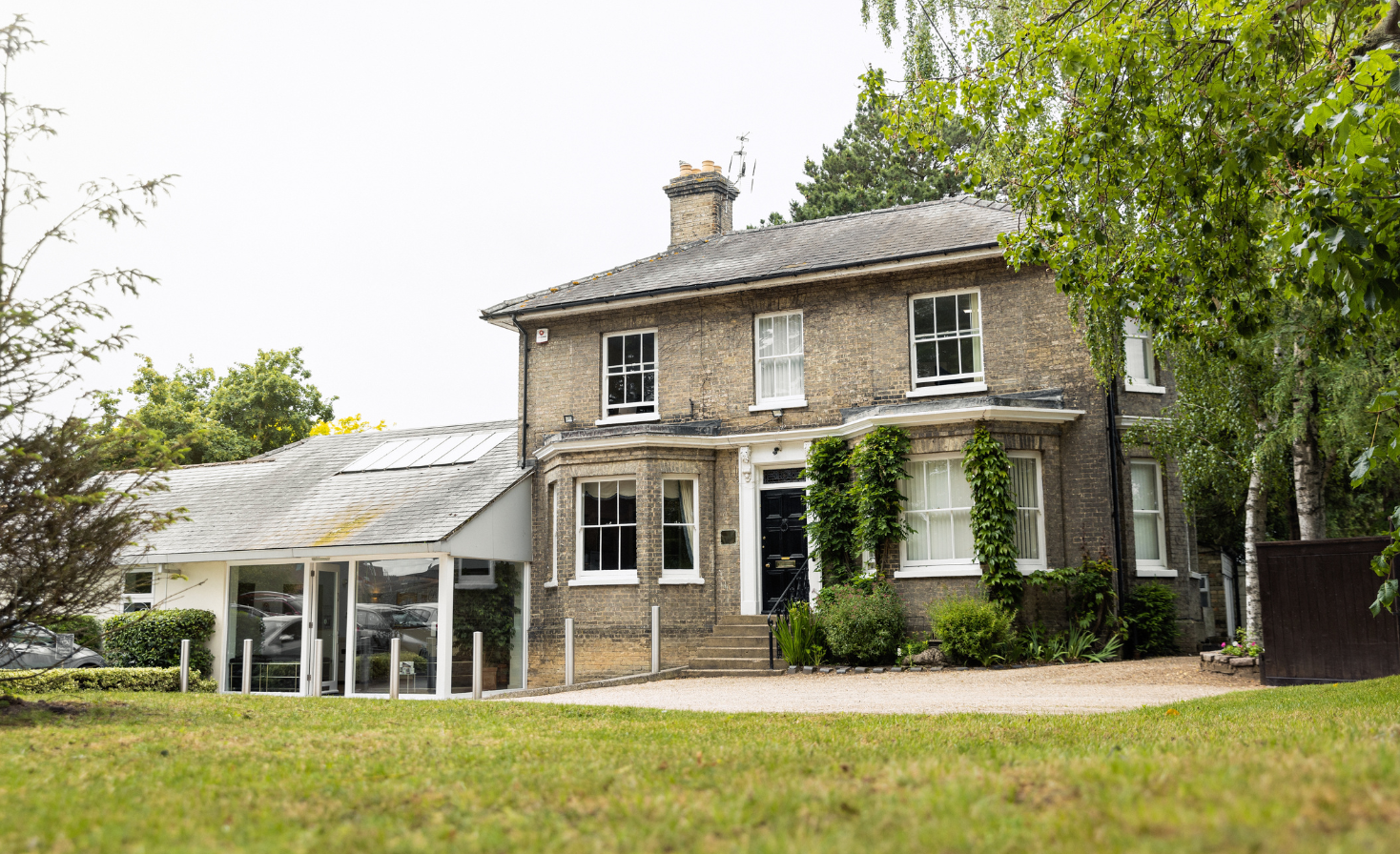The Land Registry is a government department which maintains a record of information about ownership of and interests affecting land and property. If you buy, transfer or mortgage any land or property, it is a legal requirement to register the transaction at the Land Registry. All titles are stored electronically and can be downloaded easily to ascertain the current owner, rights, covenants, charges or other matters affecting the land.
If you purchased your property before 1991, and you have not carried out any transaction such as a new mortgage or transfer into joint names, it is likely that your property is currently unregistered. This means that you will have a bundle of very important deeds and documents which prove ownership of your property. These deeds used to be held by banks and building societies when they had a charge over the property however these days, the banks usually send the deeds to their customers once the mortgage has been repaid and it is then for the customer to keep the deeds safe. It was not compulsory to register land until 1990 upon a trigger event such as a sale and there are still so many properties in England and Wales which are not currently registered.
The deeds are so important because if they get destroyed by any means, such as fire or water, or they just get lost or mislaid, then it can take a great deal of time, money, and effort to piece the title together and prove ownership to the Land Registry. It is not as simple as you might think! You would need to make an application for lost or destroyed deeds and provide as much evidence as you could in order to persuade the Land Registry to register the title into your name. The Land Registry takes each application on a case-by-case basis and there are no guarantees that they will accept the evidence provided and it could take a few attempts to get the application right. In any event, if the Land Registry did approve the evidence provided and granted you ownership, you are likely to only receive ‘possessory title’ which again, does not guarantee your ownership, only that you are considered the owner but there is something missing i.e. full proof of ownership. In order to claim ‘title absolute’ which is the best title available, you would need to be in possession of the property for 12 years without anyone making a claim at the Land Registry or producing the deeds proving their ownership instead. Once the 12 years has passed, you can make another application to the Land Registry to upgrade the title as it is not automatic.
If you or you know anyone who may have a property which is not registered at the Land Registry, it would be very sensible to check you have the deeds in a safe place and to carry out a voluntary first registration. This will ensure that ownership of the property is never in doubt and it will make it easier when you come to sell, or if your property passes to relatives under a Will.
Edmondson Hall can provide a first registration service so if you have any queries and would like to discuss this with us, please do not hesitate to get in touch.
Article written by Carly McLean – Residential Property Advanced Paralegal
Carly.mclean@edmondsonhall.com
If you need advice on this topic or any other Property matter, please contact our expert team at Edmondson Hall Solicitors on 01638 560556, http://www.edmondsonhall.com





